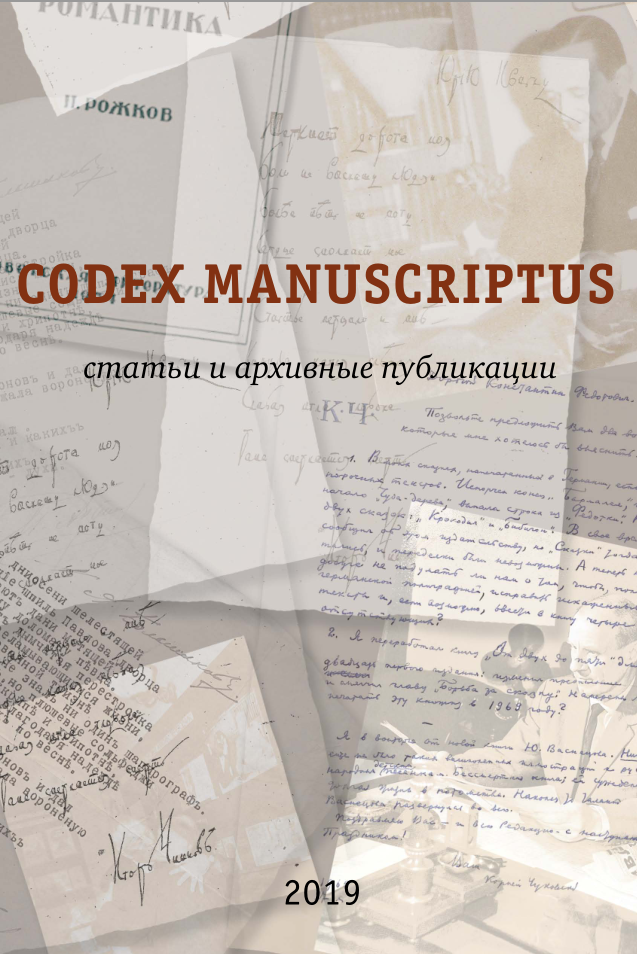Abstract:
The article deals with the fantastic element in the depiction of the past, present and future in the literature of the Russian Diaspora literature in the 1920s. The time where the fantastic story is told reflects the temporal links inside the fictional text, not outside of it, being the authorial reflection of the real present. We can see several fantastic models where the fantastic element does not prevail over the historical one, and also the ones where the alternate history is presented that is close to fantasy as regards the omnipotence of the author’s imagination. In the most of the fantastic works written by the authors of the Russian Diaspora in the 1920s, the action takes place in Russia, in whole or in part. It can be Russia of the Past (“Pugatchev the Victorious” by M.K. Pervukhin), Russia of the future (P.N. Krasnov’s “Beyond the Thistle”) or present-state Russia (“The Finger of God” by P.P. Tutkovsky, “Fire Thieves” by V.Ya. Iretsky). Anyway, in such works we do not usually deal with the “collision of époques” but with a projection of the modern social, political, ideological, spiritual and moral conflict that led to the emergence of the Russian Diaspora literature as it is.






